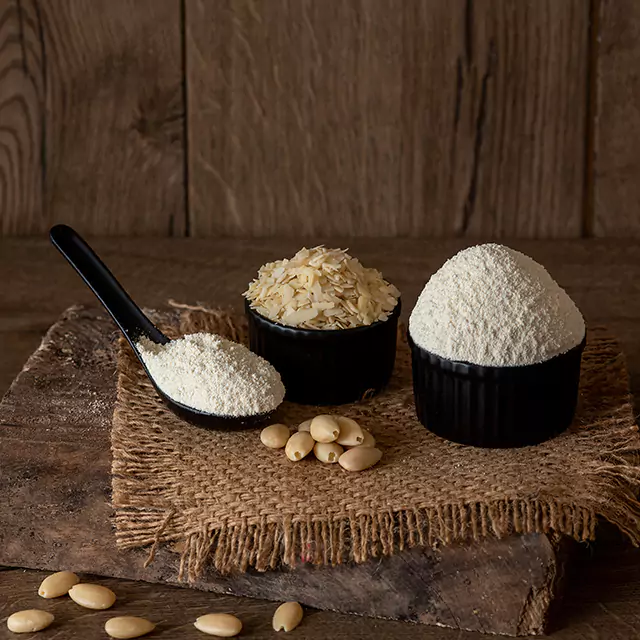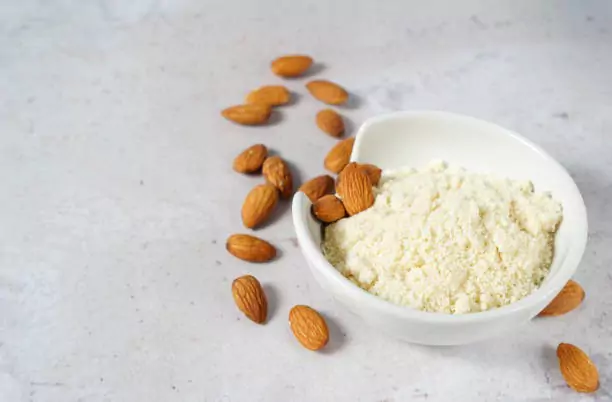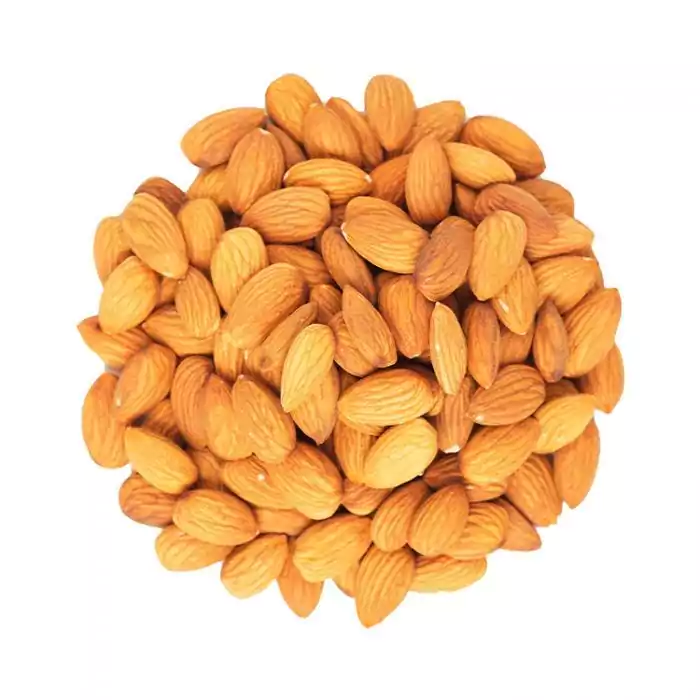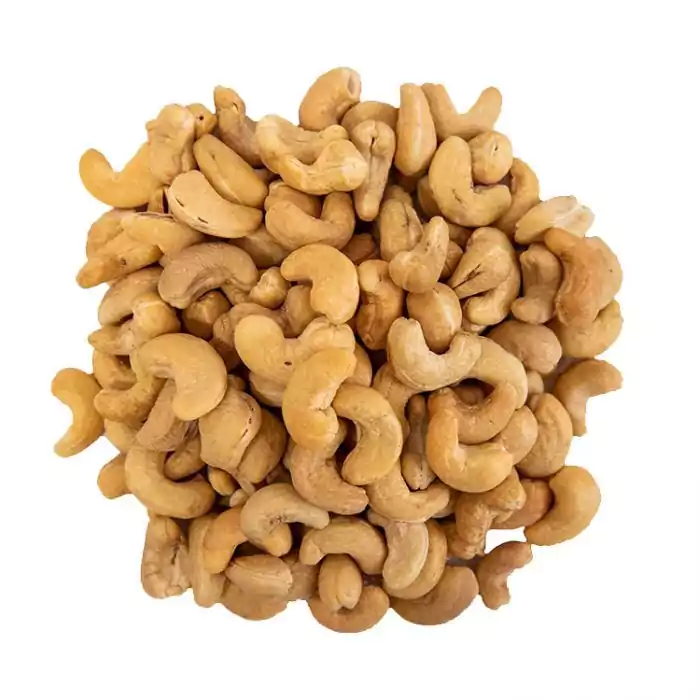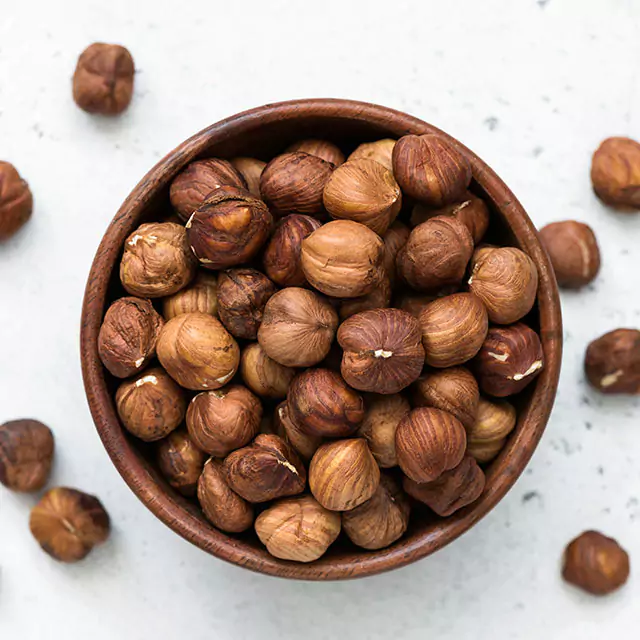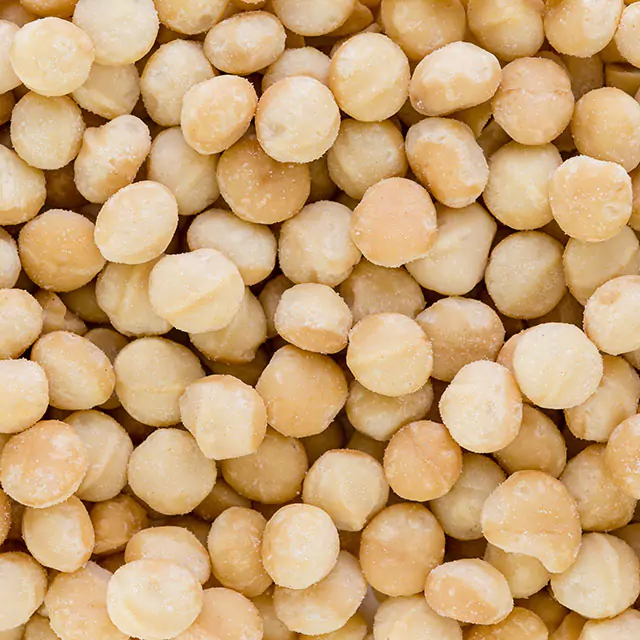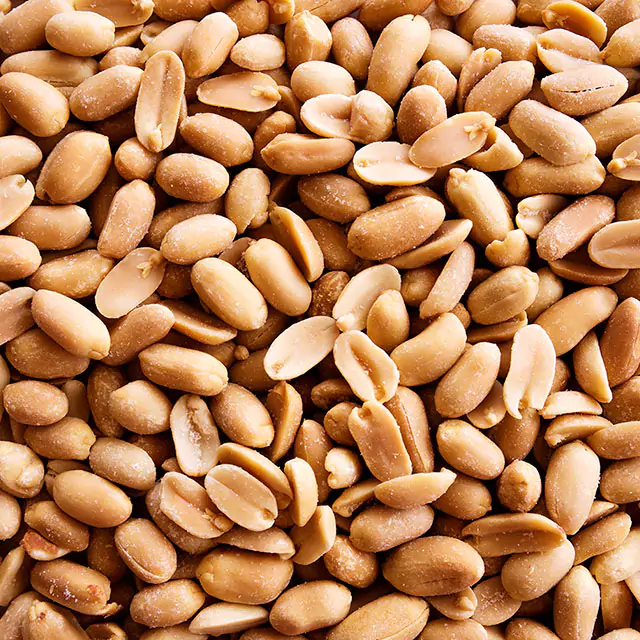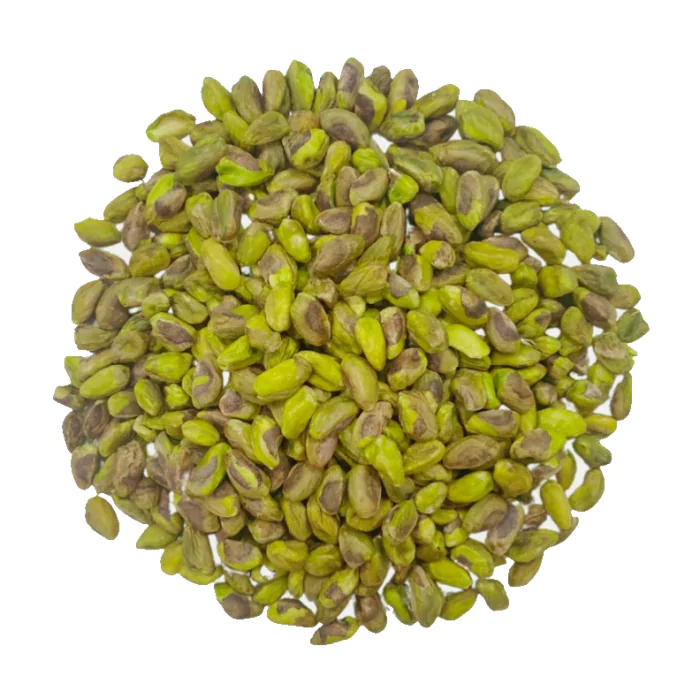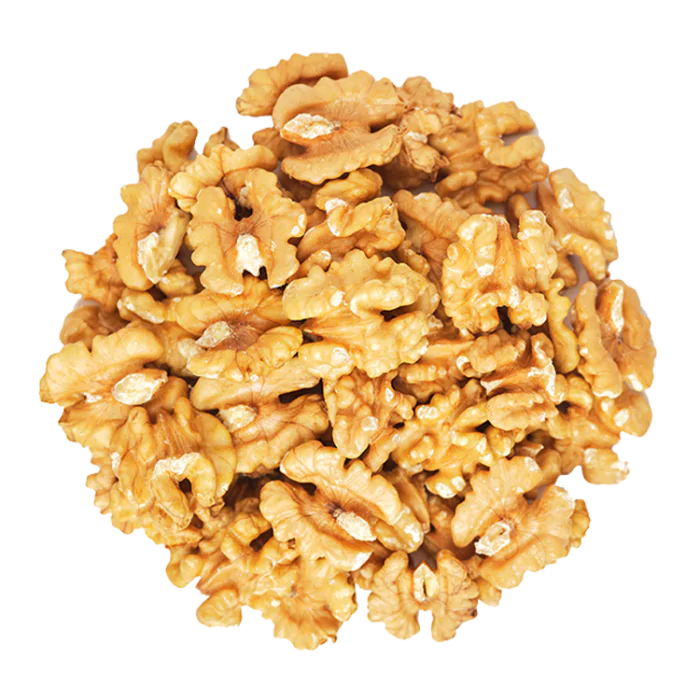Discover these protein-rich ingredients with
various functional benefits
Protein powder and natural flour offer many versatile applications that cater to the growing consumer demand for healthier, gluten-free snacking products that are packed with nutrients.
Different nut varieties provide different consumer benefits
Our almonds, cashews, hazelnuts, peanuts, pistachios, walnuts and macadamias will bring many nutritional benefits and taste experiences to your consumers. And because they are traceable back to their fields and farms, our nuts ingredients add that layer of trust that modern consumers are looking for.
Growing in and sourcing from both hemispheres allows us to supply you with fresh almonds all year round so we can meet your consumer’s demand for this tasty and highly nutritious nut.
Our cashews come in a variety of shapes, sizes and granulations and are perfectly suited for your formulation needs. Our strong sustainable, environmentally-driven practices ensure you do good with your purchase. Learn more about our recent publicly stated targets to support farmer livelihoods in Cashew Trail.
Loved by consumers for their crunchy texture and rich taste, we supply hazelnuts from farms in Turkey and neighboring Georgia while working to improve productivity and labor conditions.
Macadamias are indulgent with their butter-life flavor and creamy texture. They are also rich in beneficial nutrients like thiamine and manganese, as well as monounsaturated fats. Our capabilities help us customize this delicious nut for your most decadent snacks and recipes!
The most popular nut in the world, peanuts are an economical source of protein. They can also vary in taste, size and shape. Let us help you decide which peanut fits your product needs!
From yellow to green, our hand-picked pistachios are perfect for snacking, baking and as meal toppers. Discover how a simple pistachio can elevate your products.
Carefully sourced and rich in nutrients and Omega-3 oils our walnuts are hand-cracked to help retain the best flavor. Although traditionally used in baking we have transformed walnuts into a delicious snack through our gentle, hand-shelling process. Tasting is believing!
Read ofi news
By Andrew Brooks, Head of Cocoa Sustainability, olam food ingredients (ofi)
This week, the world’s attention turns to a heavy burden that can damage a child’s Health and Education: child labour. In ofi's cocoa business, we are focused on solving this problem every day.
Most child labour in cocoa relates to children carrying out hazardous tasks on the family farm, distinct from the much rarer issue of forced labour, and has no one cause. Labour laws can be misunderstood, and schools might be located far away. Even if there is a school nearby, children may not have the documents they need to enrol. When combined with rural poverty, many parents think their child’s time is best spent helping on the farm. And now, these cocoa-growing communities are also battling a global health pandemic.
We’re working to tackle each of these challenges in turn. Under our Cocoa Compass sustainability ambition, we aim to completely eradicate child labour from our direct supply chain by 2030 and ensure farmers’ children can access the education they are entitled to. In 2020, we reached the critical milestone of rolling out child labour monitoring across 183,000 households in nine countries.
There is still a lot to do, and collaboration with our customers, national governments, and civil society is essential. For example, we recently asked the Fair Labor Association (FLA) to assess the extent to which cocoa farmers and their families have benefited from our sustainability programmes in Côte d’Ivoire, their perception and satisfaction with these interventions, and help to refine our approach further.
Using a due diligence methodology called Social Impact Assessment, the FLA collected extensive data and interviewed over 450 people from ten cocoa communities, including women and children. It found that of all our efforts to tackle child labour, the setting up of child labour monitoring and remediation and enabling access to education are the most advanced and have the most significant impact.
It also revealed that over two-thirds of those interviewed think child labour is on the decline in their community, and 80% believe that the interventions by ofi and our partners are contributing to protecting children.
There are areas for improvement. The FLA suggested we provide additional support to help farmers access affordable labour. And ensure greater follow-up with Village Savings and Loans Associations to maximise their ability to promote child protection.
We know that combining our efforts through multi-stakeholder partnerships, championed by local and regional governments, and supported by international finance institutions, is the best way to create the kind of long-term systemic change needed to reach universal school attendance
and graduation for children in cocoa communities.
This World Day Against Child Labour reminds us that if we want to put children first in cocoa, we must be open to testing new approaches and adapting our efforts based on what works best. The future of a cocoa generation is at stake if we don’t.


